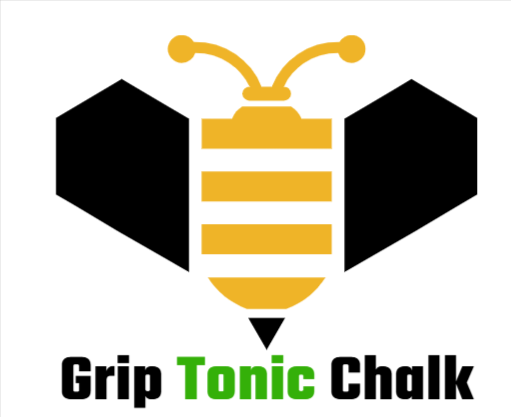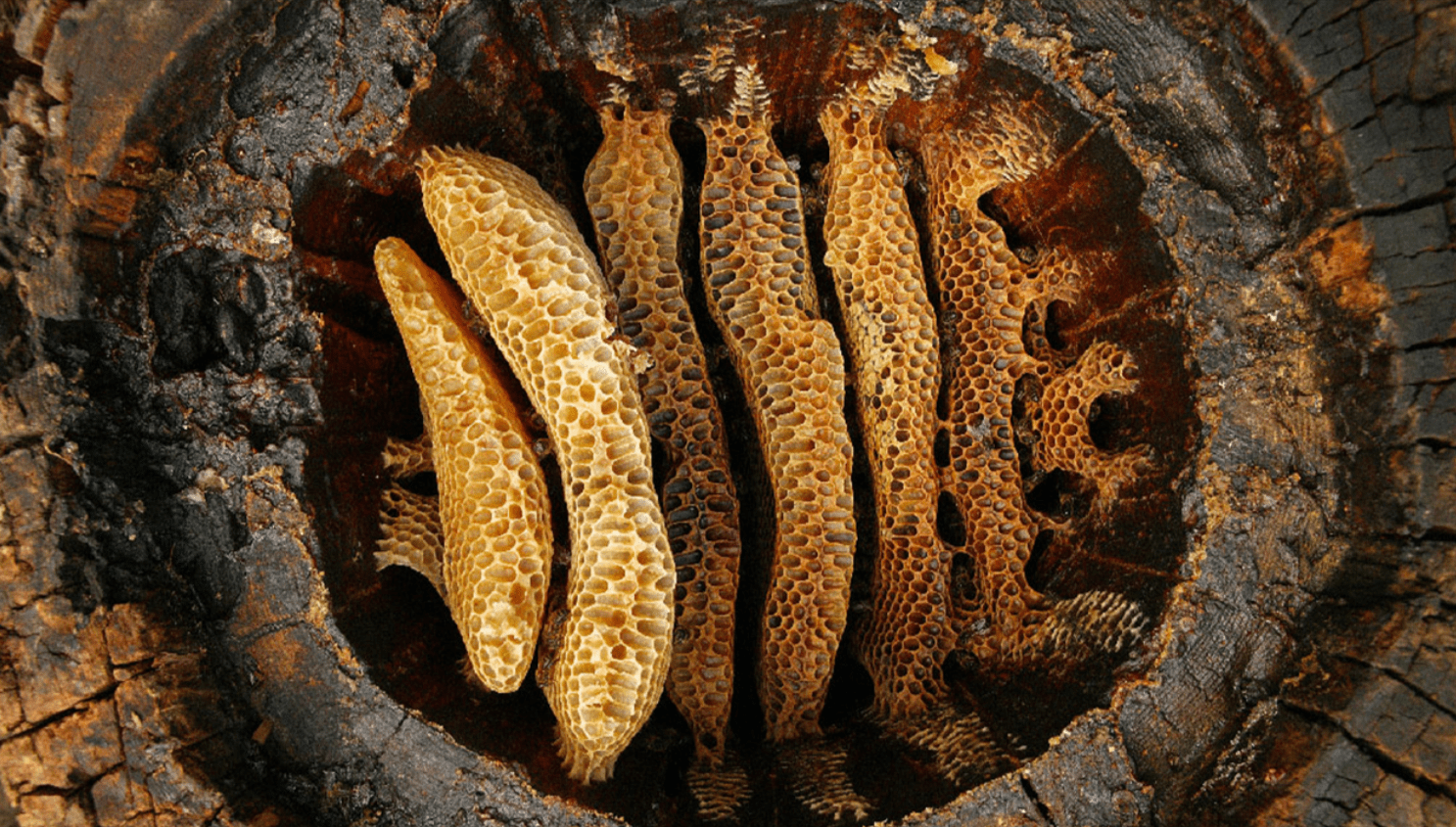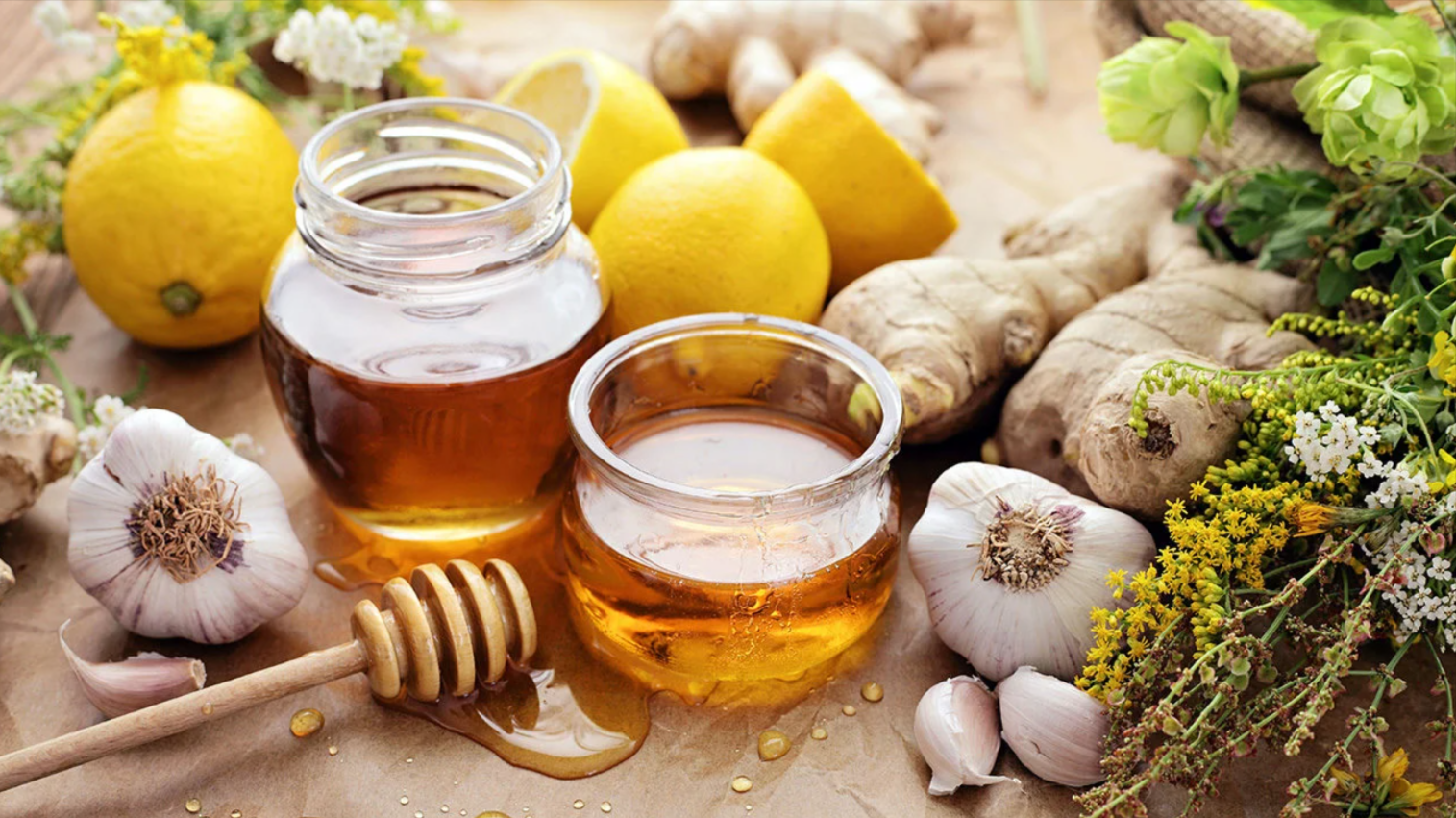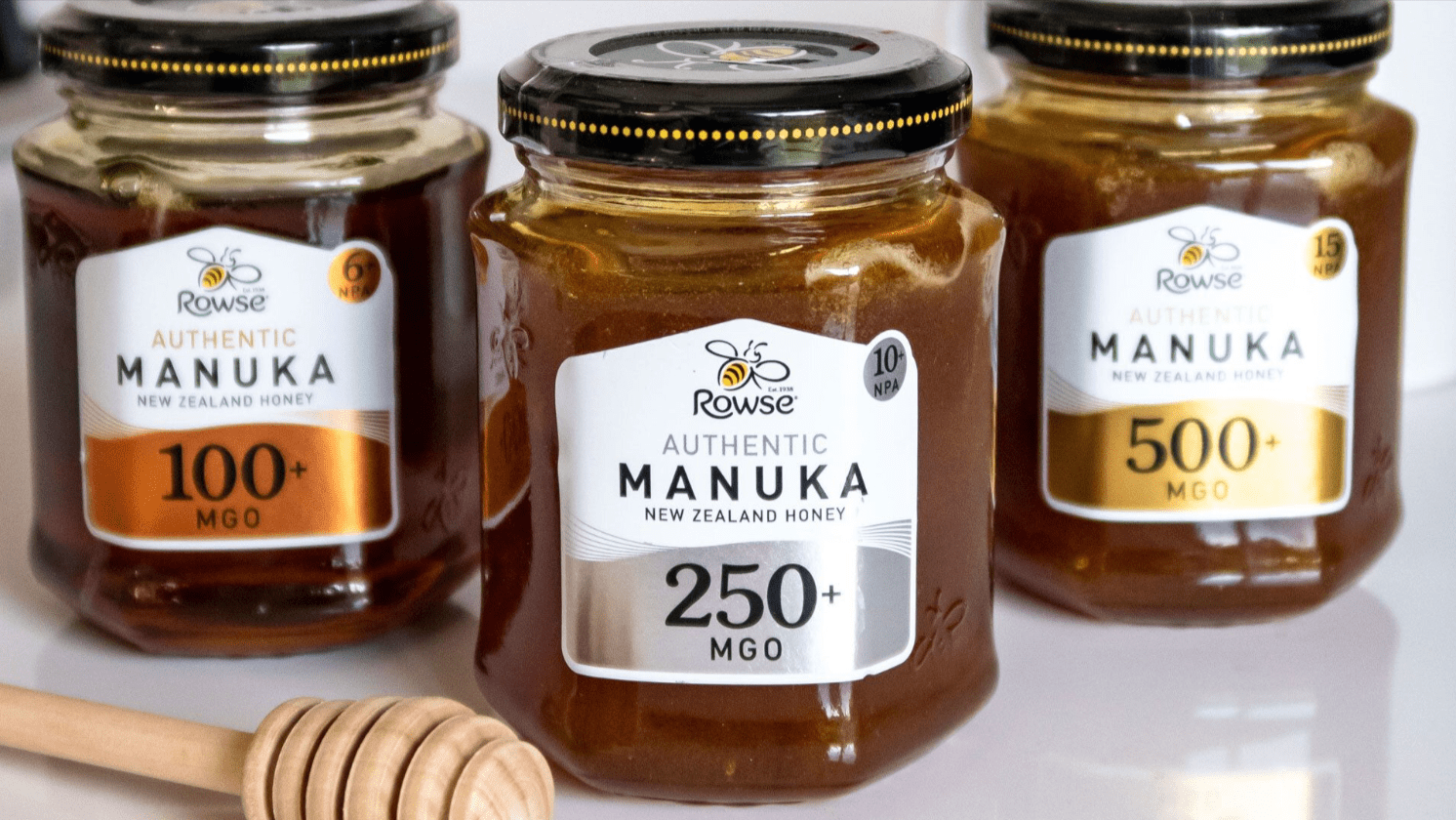Why Local Honey is Better for Your Health and the Environment
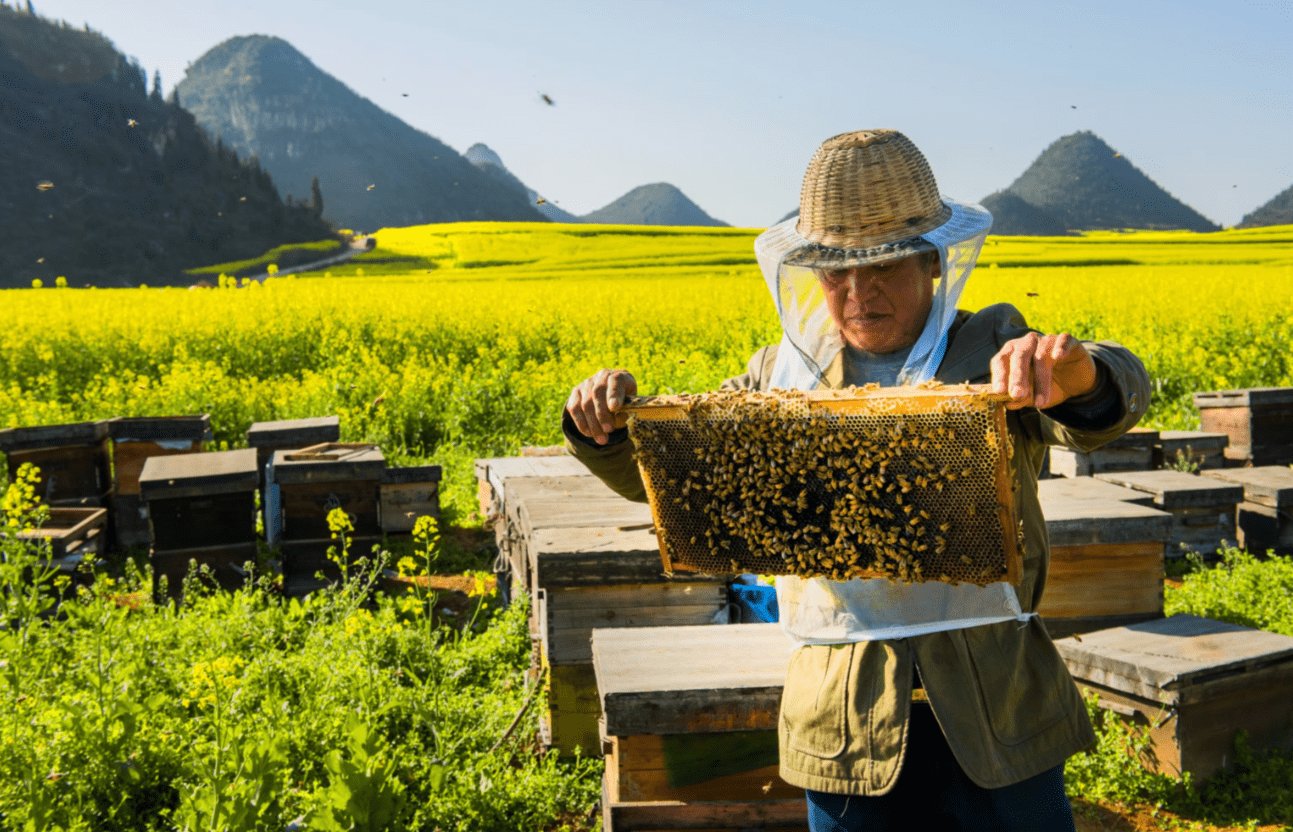
Honey is one of the oldest forms of natural sugar with thousands of years of history dating back. Not only is honey known for its sweet flavor, but it also comes with a lot of health benefits and is a very strong ingredient for home remedies. But not all honey is equal hеlpful. Local honey is among the best natural foods you can consume; although store-bought honey can be easy to come by, local honey is better for your health and the health of the planet. Particularly, what places local honey a cut above the rest? Read on to learn about why local honey is better for your health and the environment, and how you can maximize the benefits of this natural miracle in your life.
What is Local Honey?
Local honey is honey that bees have made from nectar from local flowers and plants in a particular geography or region. Local beekeepers, who sometimes practice natural, sustainable beekeeping methods, gather using it. Local honey, however, is usually raw, unrefined and without any added sugars or preservatives like mass produced commercial honey.
Local honey is different from the honey you buy from large commercial honey producers who may collect nectar from multiple regions and mix different types of honey. In contrast, local honey is an expression of the particular plants that grow in its vicinity, and is far more likely to keep those inherent characteristics that make honey one of the most beneficial and palatable foods on the planet.
Why You Should Consider Eating Local Honey For Your Health
1. Natural Allergy Relief
Hives remain one of the most essential health benefits of local honey. Allergic reactions stem from hypersensitivity of the immune system towards non-harmful substances like pollen. Local honey has small traces of the pollen of your natural local plants and flowers. Regular consumption of local honey may serve as a natural immunotherapy.
Eating small amounts of local honey helps your body to slowly adapt to the local allergens. In the long run, this could help decrease the impact of your allergic reactions. Many people say that just a tablespoon of local honey every single day will relieve all the symptoms of seasonal allergy like sneezing, itchy eyes, and jittery cousin.
2. Rich in Antioxidants
Antioxidants (mainly flavonoids and phenolic compounds) are abundant in local honey as well. Antioxidants are compounds that can protect your body against oxidative damage. Free radicals are nonstable molecules that can damage cells and be responsible for aging and other diseases.
Eating local honey can shield your body from this injury. Honey contains good amounts of antioxidants that may aid heart health and reduce inflammation and make the immune system strong. Local honey in its natural state is richer in antioxidants than commercial honey, which is less protected from heat treatment that can remove some of these beneficial compounds.
3. The Antibacterial and Antifungal Powers
It contains antibacterial and antifungal properties that help fight infections. One of the main reasons why honey is widely used in the creative wound is that it can provide a moist environment for tissue proliferation and inhibit the growth of bacteria. It has been proven broadly effective against many bacteria and also the bacteria responsible for common infections.
Due to this, honey can also be applied directly to small cuts, burns, or abrasions to hinder the growth of bacteria and help them heal faster. Honey also supports fighting infections when consumed, thus making it a natural immune enhancer.
4. Supports Digestive Health
Honey on its own aids in digestion by calming the digestive tract and encouraging the growth of good gut bacteria, and this effect will be even further elucidated with local raw honey. It has long been used for digestive problems such as indigestion, bloating and stomach ulcers. When honey is raw, these enzymes assist with food breakdown and nutrient absorption in the digestive system.
Honey is also a natural prebiotic that feeds the probiotics in the gut for a healthy balance of organisms. This does good for digestion as a whole, thus it alleviates the bloating, gas and constipation.
5. Improved Flavor and Nutritional Value
The most apparent reason to select local honey is because it tastes better and because it is nutritionally superior. Local honey always represents the particular flowers, herbs, and plants in the area – therefore the flavor is characteristic, depending on the time of year and location where it is produced. Local honey has a richer and more complex flavor profile than its mass produced counterpart, from floral to fruity to herbal notes.
Local honey is used for nourishment and healthy contains abundance of vitamins, minerals and enzymes that are perfect for health. The seeds are also a valuable source of B vitamins (riboflavin, niacin, and folate); vitamin C; and minerals, including calcium, magnesium, potassium, and zinc, for health.
Environmental Advantages Of Local Honey
1. Supports Local Pollinators
By buying local honey, you are supporting local beekeepers who help ensure there are healthy populations of pollination species in your vicinity. Many of the food that we depend on are pollinated with bees. The global food supply of fruits, vegetables, and nuts would be reduced to a mere fraction, with the decline in crop yield resulting from the absence of bees.
Opt for local honey, as it allows beekeepers to make a living and play a crucial role in saving bees. The bees keep on pollinating local plants, which means that ecosystems keep running, and we have enough biodiversity.
2. Good practice in sustainable agriculture
Sustainable / Eco-Friendly Farming practices: Most local beekeepers follow sustainable and environmentally conscious farming practices that help protect the environment. While commercial beekeepers — both large and small scale — often rely on harmful chemicals to prevent disease, local producers choose to minimize their use of substances that adversely affect the surrounding ecosystem. As a result, reduces implications of beekeeping on native animals, soil quality, and water quality.
Small scale beekeepers will carry out more natural practices in their hives as the bees will not be exploited or stressed out. This produces a better ending honey and less damaging to the environment.
3. Reduces Carbon Footprint
Buying local honey helps to reduce the transportation of the food source. Commercial honey travels long distances, adding carbon emissions and hurting the environment. In contrast, local honey is made in your own backyard and therefore has a significantly lower carbon footprint for production and delivery.
Local honey also helps to generate a more sustainable food system: It strengthens the local economy while also decreasing dependence on large-scale, industrial agricultural practices.
4. Promotes Biodiversity
Most beekeepers who produce local honey will tend their plants in the manner that benefits the biodiversity in the local area. Natural pollinators, bees do their part as long as we keep them healthy and alive in our ecosystem they will encourage the growth of many of our plants. Those plants in turn help other wildlife, too, from birds and insects to mammals, creating a healthy, robust ecosystem.
When you purchase honey from local producers, you are helping local habitats stay biodiverse; in other words, the more kinds of plants and animals found in an area, the better the ecological balance.
Local Honey Selection Tips
Tips for Buying Local Honey For the best local honey quality, consider the following:
Choice Raw Honey: Raw Honey has not been pasteurized, thus it is unheated as high heat treatment does not affect its natural enzymes, vitamins, and minerals. It is possibly the most preferred option for both health benefits and flavor.
Read the Label: Search only for honey that is identified as "local," "pure," and "unfiltered." This guarantees honey that is sourced locally, without additives or preservatives.
Purchase From Reputable Beekeepers: If you can, purchase honey from local farmers' markets or straight from beekeepers. This is order a fresh hive in your region.
Think About the Type of Blossoms: The taste of various honeys comes from the different color and taste of the blossoms they come from. Ask about what the bees are pollinating to get a honey that fits your taste preferences if you have particular tastes.
Conclusion
A lot of folks think of local honey as nothing more than a tasty sweetener. This is one of the things which provides amazing health benefits like relieving allergy problems, digestion problems, and skin problems. You are also supporting sustainable, environmentally-friendly farmers by choosing local honey that helps benefit the environment and local ecosystems. Local honey is important for the sustainability of bees that pollinate most of the crops we eat.
